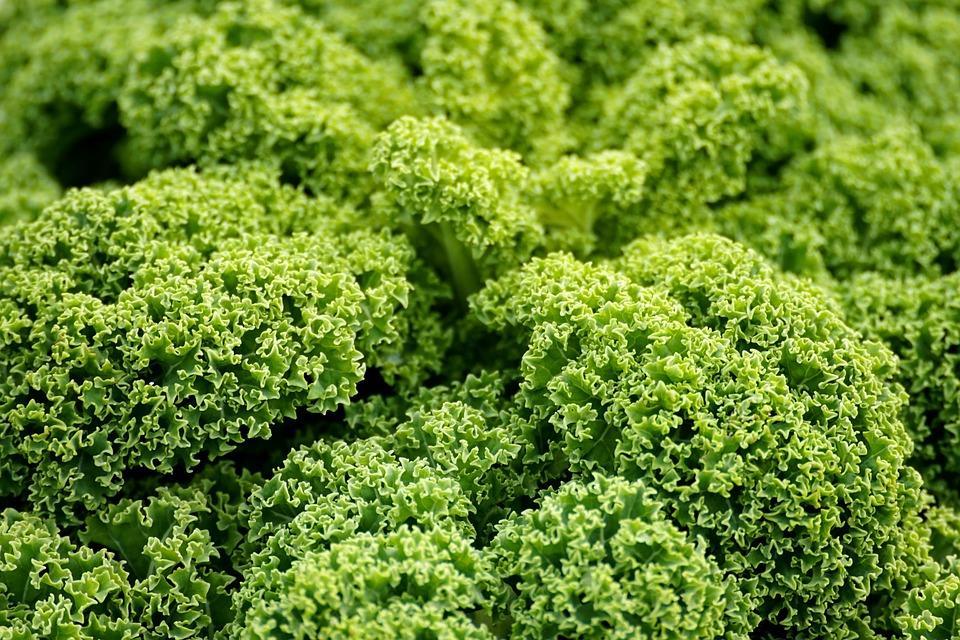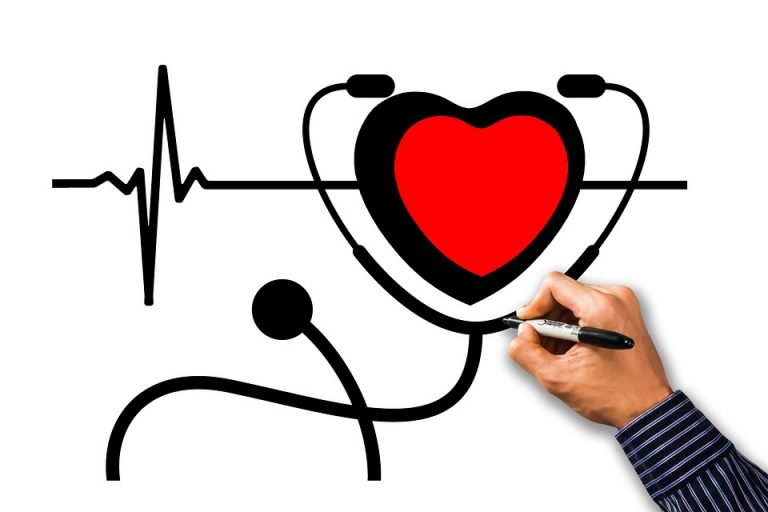Going vegan can revolutionize your health. If you’re curious about how it can transform your body and well-being, you’re in the right place. Adopting a vegan lifestyle isn’t just about skipping meat and dairy; it’s about embracing a vibrant, plant-based way of living that can elevate your health in ways you may not expect.
What Does Going Vegan Really Mean?
Going vegan means cutting out all animal products from your diet, including meat, dairy, eggs, and even honey. It’s about choosing whole, plant-based foods that nourish your body and protect the planet. But this lifestyle choice goes beyond diet—it’s a commitment to health, ethics, and sustainability.
Why does this matter to you? Because your health is your most valuable asset. Making the switch could be one of the best choices you ever make. Let’s dive into the ten surprising benefits of going vegan for your health.
1. Weight Loss Without the Struggle
One of the most immediate benefits you might notice is weight loss. A vegan diet is typically lower in calories and high in fiber, which means you can eat until you feel full without the guilt.
- High Fiber: Plant-based foods are rich in fiber, which keeps you feeling satisfied longer.
- Low Caloric Density: Fruits and vegetables are generally lower in calories but high in nutrients.
Research shows that vegans tend to have lower body mass indexes (BMIs) compared to meat-eaters. You’re not just losing weight; you’re gaining a healthier relationship with food.
2. Heart Health Booster
Your heart will thank you when you go vegan. Plant-based diets are linked to lower risks of heart disease, high blood pressure, and cholesterol.
- Cholesterol Reduction: A vegan diet can lower LDL cholesterol levels due to the absence of saturated fats found in animal products.
- Blood Pressure: A diet rich in fruits and vegetables can help reduce blood pressure and improve overall heart health.
Studies suggest that vegans have a 32% lower risk of dying from heart disease than omnivores. Talk about a reason to celebrate!
3. Improved Digestion
If you’ve ever struggled with digestion, going vegan could be your solution. A plant-based diet is packed with fiber, which is essential for a healthy gut.
- Regularity: High fiber content promotes regular bowel movements.
- Gut Health: A diverse range of plant foods can foster a healthy microbiome, leading to better digestion and nutrient absorption.
Say goodbye to bloating and discomfort. Your gut will feel lighter and more efficient.
4. Enhanced Energy Levels
Feeling sluggish? You might be surprised to learn that a vegan diet can boost your energy levels.
- Nutrient-Dense Foods: Whole grains, fruits, and vegetables provide sustained energy without the crash that comes from processed foods.
- Hydration: Many fruits and vegetables have high water content, which helps you stay hydrated and energized.
You’ll find that you have more stamina, making it easier to tackle your day.
5. Lower Cancer Risk
Research indicates that a vegan diet may lower the risk of certain cancers.
- Antioxidants: Plant foods are rich in antioxidants, which help combat free radicals and reduce inflammation.
- Fiber: A high-fiber diet is associated with a lower risk of colorectal cancer.
By making the switch, you’re not just aiming for better health; you’re also taking proactive steps to protect yourself against disease.
6. Better Skin
The glow of healthy skin is just one of the benefits you might experience when you go vegan.
- Anti-Inflammatory Foods: Many plant-based foods help reduce inflammation and improve skin health.
- Hydration: Fruits and vegetables not only hydrate your body but also your skin.
Say goodbye to breakouts and hello to a radiant complexion.
7. Improved Mental Clarity
What you eat affects not just your body, but your mind, too. Going vegan can enhance your mental clarity and focus.
- Nutrient-Rich Foods: Foods high in antioxidants and omega-3 fatty acids (found in flaxseeds and walnuts) can boost brain function.
- Reduced Inflammation: A plant-based diet can help decrease inflammation, which is linked to cognitive decline.
You’ll find yourself sharper and more focused, ready to tackle life’s challenges.
8. Boosted Immune System
A vegan diet can supercharge your immune system, helping you ward off illnesses.
- Nutrient Density: Plants are packed with vitamins, minerals, and phytonutrients that support immune health.
- Anti-Inflammatory Properties: Minimizing animal products reduces systemic inflammation, giving your immune system a fighting chance.
You’ll feel stronger and more resilient against colds and flu.
9. Enhanced Mood
Did you know that your diet can impact your mood? A vegan lifestyle often leads to improved mental health.
- Nutritional Benefits: A diet rich in fruits and vegetables is linked to lower rates of depression and anxiety.
- Gut-Brain Connection: A healthy gut microbiome can influence your brain chemistry, leading to better mood regulation.
A happier, more balanced you is just a plate of vegetables away.
10. Longevity and Quality of Life
Perhaps one of the most compelling reasons to consider going vegan is the potential for a longer, healthier life.
- Reduced Disease Risk: With lower risks of chronic diseases, you may enjoy a longer, healthier life.
- Quality Over Quantity: It’s not just about living longer; it’s about living well.
Embracing a vegan lifestyle can lead to a fulfilling and vibrant life well into your golden years.
Bottom Line
Going vegan is more than just a dietary choice; it’s a lifestyle transformation that can dramatically improve your health. From weight loss to enhanced energy levels, the benefits are vast and varied.
Are you ready to take the plunge? Your body will thank you for it. Whether you go full vegan or simply add more plants to your plate, every step counts toward a healthier you.
Frequently Asked Questions
1. Can I get enough protein on a vegan diet?
Absolutely! There are plenty of plant-based protein sources, including legumes, nuts, seeds, and whole grains.
2. Will I miss out on essential nutrients?
With careful planning, you can meet all your nutritional needs. Consider fortified foods or supplements for vitamin B12 and omega-3s.
3. How do I start transitioning to a vegan diet?
Start by incorporating more fruits, vegetables, and whole grains into your meals. Gradually replace animal products with plant-based alternatives.
4. Is a vegan diet suitable for everyone?
While many thrive on a vegan diet, it’s essential to listen to your body and consult with a healthcare professional if you have specific health concerns.
Now is the perfect time to explore the vibrant world of plant-based eating. Your health journey awaits!
Get Your FREE Natural Health Guide!
Subscribe now and receive our exclusive ebook packed with natural health tips, practical wellness advice, and easy lifestyle changes, delivered straight to your inbox.





